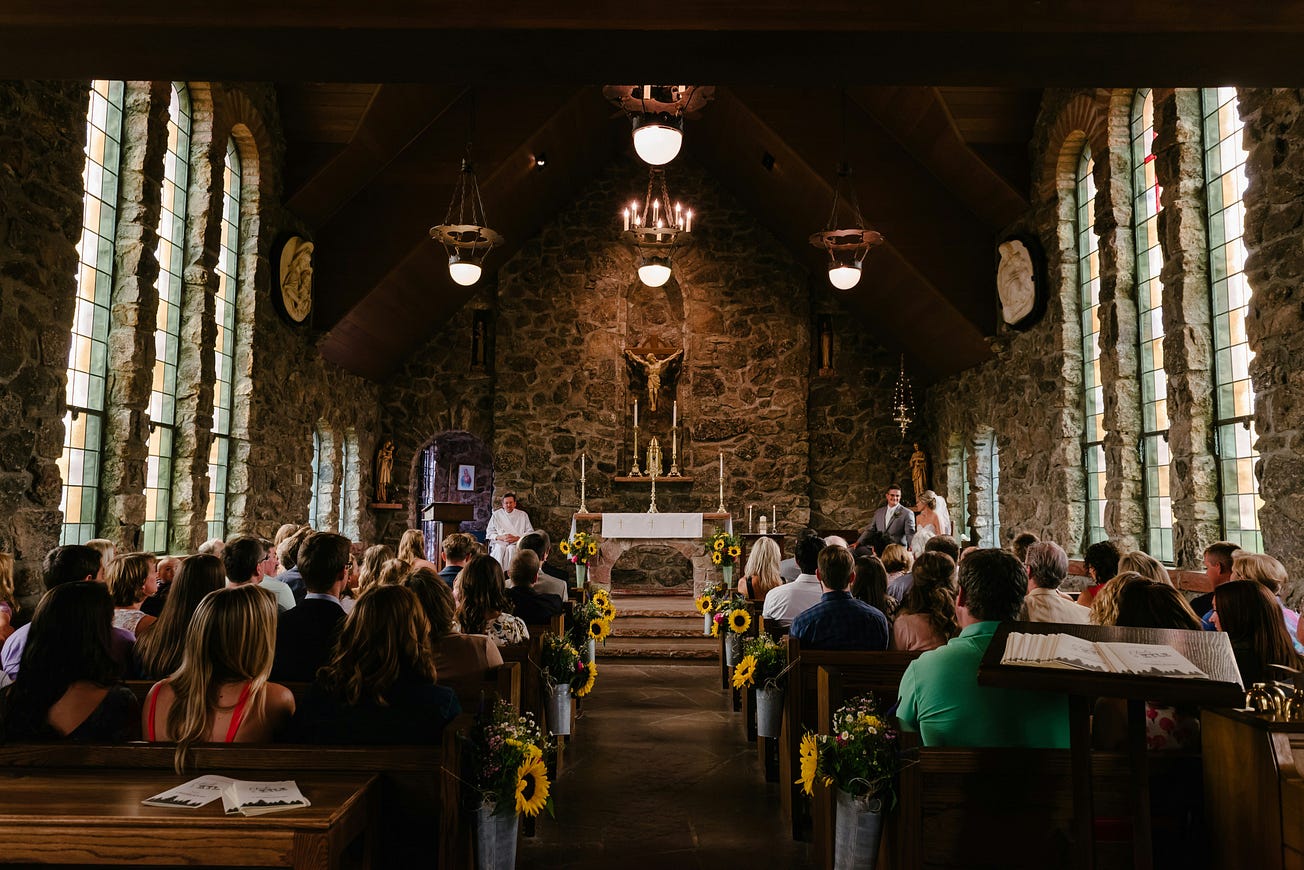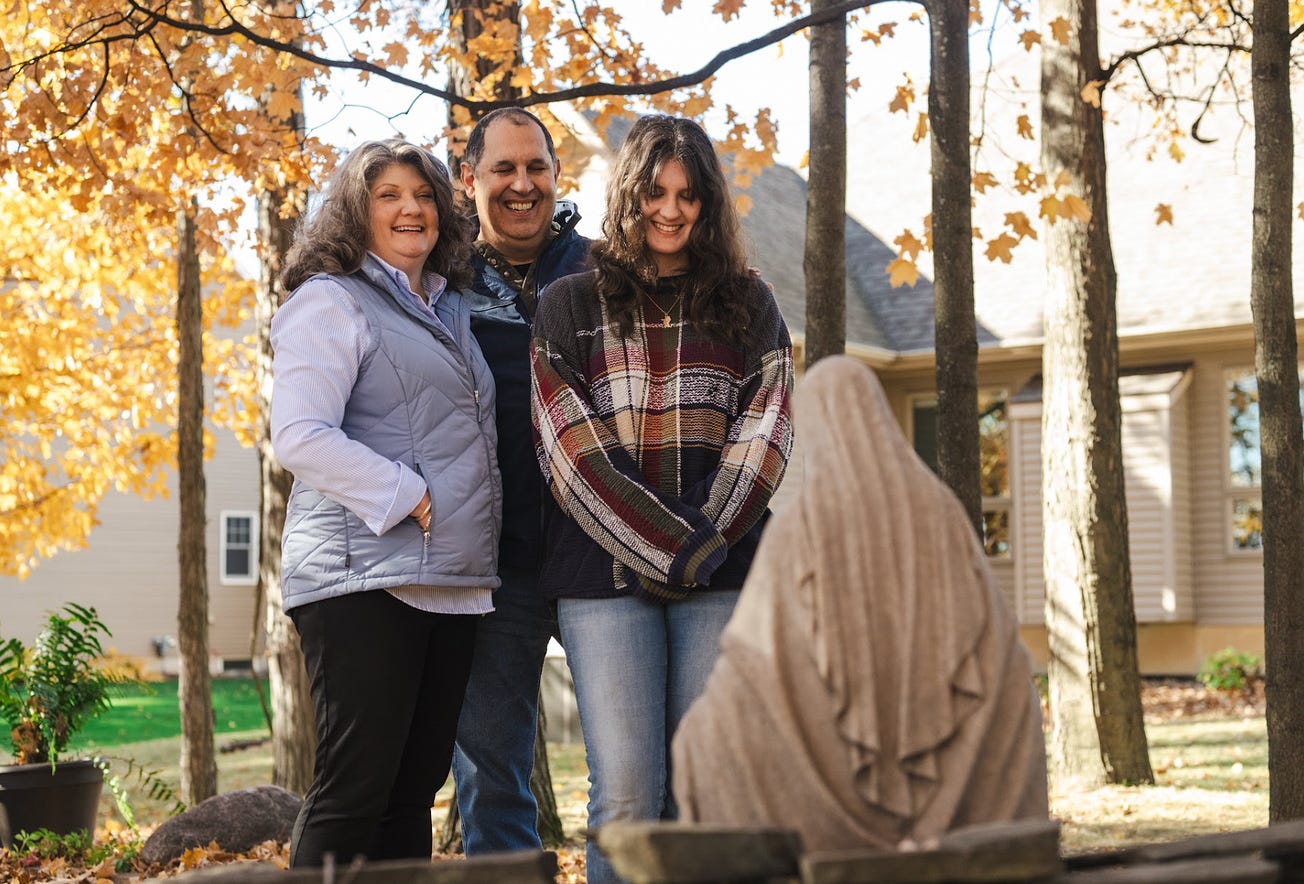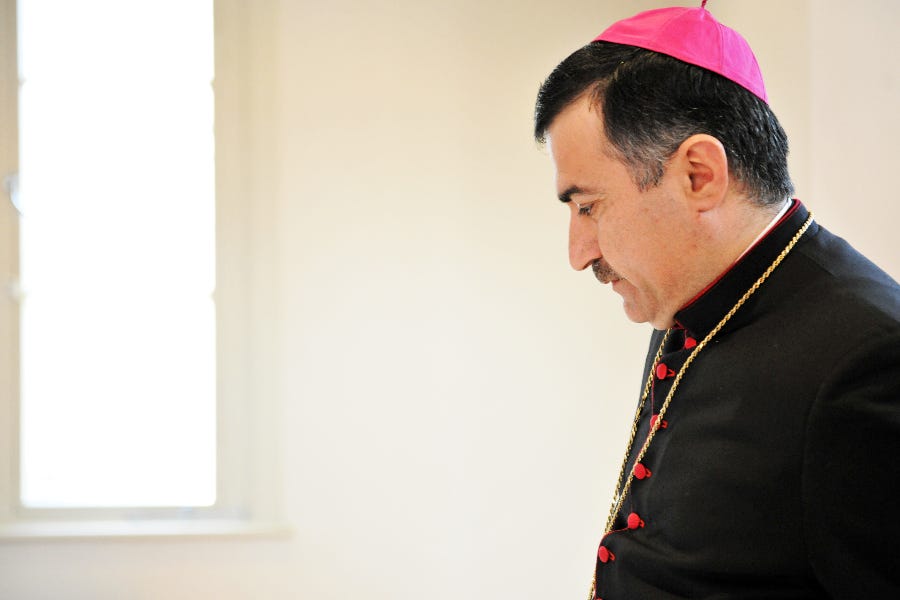Two French diocesan bishops took the rare step of resigning Monday to take up new positions as auxiliaries.

French media suggested that Bishop Thierry Brac de la Perrière of Nevers and Bishop Jean-Pierre Batut of Blois made the move due to a combination of struggling with the demands of episcopal ministry, fatigue, and other health problems.
The transfers mark an unusual reversal of the customary process in the Catholic Church in which auxiliaries are appointed diocesan bishops. According to canon law, auxiliary bishops may be appointed at the request of a diocesan bishop “when the pastoral needs of a diocese suggest it.”
The Vatican announced June 26 that Brac de la Perrière, 64, would be reassigned as an auxiliary bishop in the Lyon archdiocese and Batut, 68, as an auxiliary in the Toulouse archdiocese.
Brac de la Perrière, who led the Diocese of Nevers in France’s Burgundy region from 2011, announced Dec. 28 that he would be taking a six-month sabbatical due to fatigue.
In a June 26 statement, he said he would “continue to serve the Church, but in a different way” as an auxiliary in Lyon.
He explained that after 20 years as a bishop, he aspired “to a less onerous and less exposed ministry.”
Brac de la Perrière was ordained a priest of the Lyon archdiocese in 1988 and served as an auxiliary bishop there from 2003 to 2011.

Batut, who has eyesight problems, said in a June 25 message to his flock that he had asked to be relieved of the responsibility of governing the Blois diocese, in France’s Centre-Val de Loire region.
He recalled the highlights of his episcopacy, which began in 2014, but also referred to “the strange period of the pandemic,” as well as “moments of local, national or international tension,” and “misunderstandings or defections.”
“I apologize to all those who have had to deplore negligence or clumsiness on my part,” he wrote.
Batut was ordained a priest of the Paris archdiocese in 1984 and appointed an auxiliary bishop of Lyon in 2008, a role he held until his move to Blois. The archdiocese of Toulouse, in southern France, did not have an auxiliary bishop prior to Batut’s appointment.

The French Christian radio station RCF quoted Batut as saying: “I think it’s important to have the simplicity, the realism, and perhaps also the humility to say to oneself: Here, when the burden becomes too great, one can hand over one’s responsibility, and not necessarily to take on another responsibility as heavy and perhaps even heavier.”
The bishop added: “I think it will be in our interest to take note of this and ensure that there is greater flexibility in the way bishops can renounce their office in order to continue to serve, but to serve in a different way.”
French bishops have faced intense scrutiny since the release of a devastating 2021 report on abuse in the Catholic Church.
The French episcopate has suffered a string of scandals, including an admission of abuse by the retired Cardinal Jean-Pierre Ricard.
In November 2022, bishops’ conference president Archbishop Éric de Moulins-Beaufort disclosed that a total of 11 French bishops had been investigated by the secular or ecclesiastical justice systems on suspicion of committing or covering up abuse.
Poitiers Archbishop Pascal Wintzer said this month that “currently, about 10% of French bishops have been removed from office for various reasons.”
Prominent Church leaders have also left office early amid criticism of their governance, including Paris Archbishop Michel Aupetit and Strasbourg Archbishop Luc Ravel.
One bishop-elect even resigned before his episcopal ordination, citing burnout.
In an article published after Brac de la Perrière announced he was taking a sabbatical, Archbishop Hervé Giraud of Sens-Auxerre said that bishops’ responsibilities should be rethought.
“In the eyes of the majority, even among the Catholic faithful, the episcopate is an honor, a promotion, a consecration that the people of God celebrate with as much joy as innocence,” he wrote. “But in these times of so many obstacles in the life of the world and of the Church, some are beginning to see it first and foremost as a heavy burden.”
“Didn’t we recently see a priest, appointed bishop, renounce his episcopal ordination when he discovered the magnitude of the task and anticipated the consequences for his fragile health? Don’t we see bishops resigning before their 75th birthday or asking for a sabbatical of a few months?”
“Bishops are not spared burnout, which reveals not only their capacity for endurance but also the objective difficulty of carrying out their mission. Some bishops even contemplate not returning to their responsibilities.”
Giraud noted that he had to serve for another decade before reaching the typical episcopal retirement age of 75. The archbishop made headlines in France in 2021 when he took on direct responsibility for one of the 31 parishes in his diocese.
“It is customary for the Holy Father to propose more populous dioceses to experienced, and therefore older, bishops. What seemed self-evident just a few years ago is no longer so. Some would rather go back to being simple priests,” Giraud wrote.



